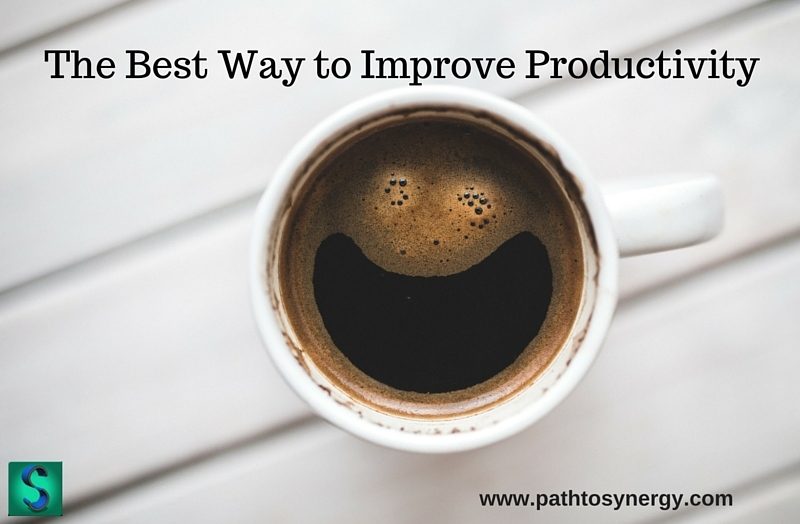Expressing Your Anger at Work
Getting frustrated at work is common. However, how you express it or don’t, may greatly influence the environment that you’re in, as well as future opportunity. While expressing your anger at work may be generally frowned upon, there are certainly strategies that will help with this process. Consider these three tips below when expressing your anger at work.
- Timing is important – Remember that when you are anger this may not be the time to resolve an issue. However, coming back to a situation after decompressing and letting the parties involved know how it impacted you will allow you to be a better communicator and express the importance of the situation, improving the likelihood of resolution.
- Understand what helps you decompress – Having an understanding of what kinds of strategies are most effective for you in reducing anger is important. This may be walking, exercise, writing, listening to music or a wide variety of other things. Taking the time to explore what works best will benefit you in the long run and give you the chance to effectively express and reduce anger instead of letting it become a problem.
- Remember the context – This is a very important component. Even though telling someone exactly how you feel may seem like the best idea at the time, the context may suggest otherwise. Being mindful of how and where you are expressing anger, if at all, may be a very important factor to consider.
The better question to ask may be how to reduce anger in general. Understanding how to control our feelings may be beneficial in many different environments. Having the ability to respond to events rather than react, may serve us well. If we know how to control our sense of reactivity then we may respond in a more appropriate way. Understanding ourselves, how we respond/react and triggers that we have, may involve some self-exploration.
Interestingly, the expression of anger may be totally culturally contextual anyway. In our culture we tend to look at the expression of anger to be generally unfavorable. In other cultures expression of anger may actually be of health benefit. In a study by The Association for Psychological Science, they found that expression of anger in Japanese culture was associated with better biological health. This suggests that anger isn’t necessarily positive or negative but the meaning that it is applied to it may impact the results of its expression.
This idea of exploring our anger to identify what kind of meaning we apply to it may give us another reason for self-exploration. Certainly the negative or positive consequences of expressing anger are still being studied. In the meantime, we do know that improving our understanding of self and how we respond and react can have a great impact on our work and home environments.
Thanks,
Michael
If you are curious to learn more about personal development, workplace challenges, interpersonal dynamics, goal achievement and a wide variety of other topics, sign up today! www.www.arcintegrated.com/newsletter. It’s totally free.
You’ll also receive a FREE tip sheet with Five Strategies to Build Motivation!


